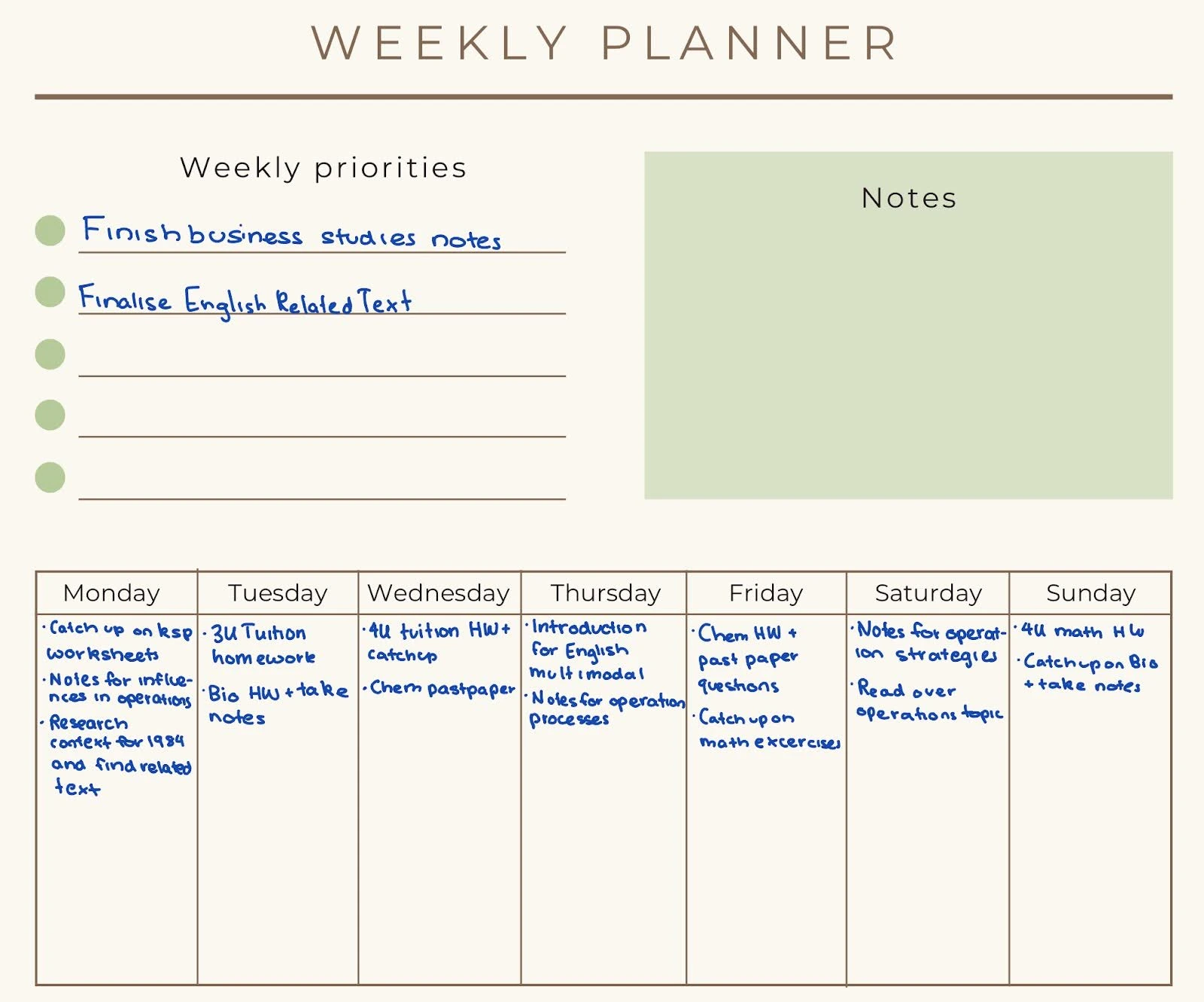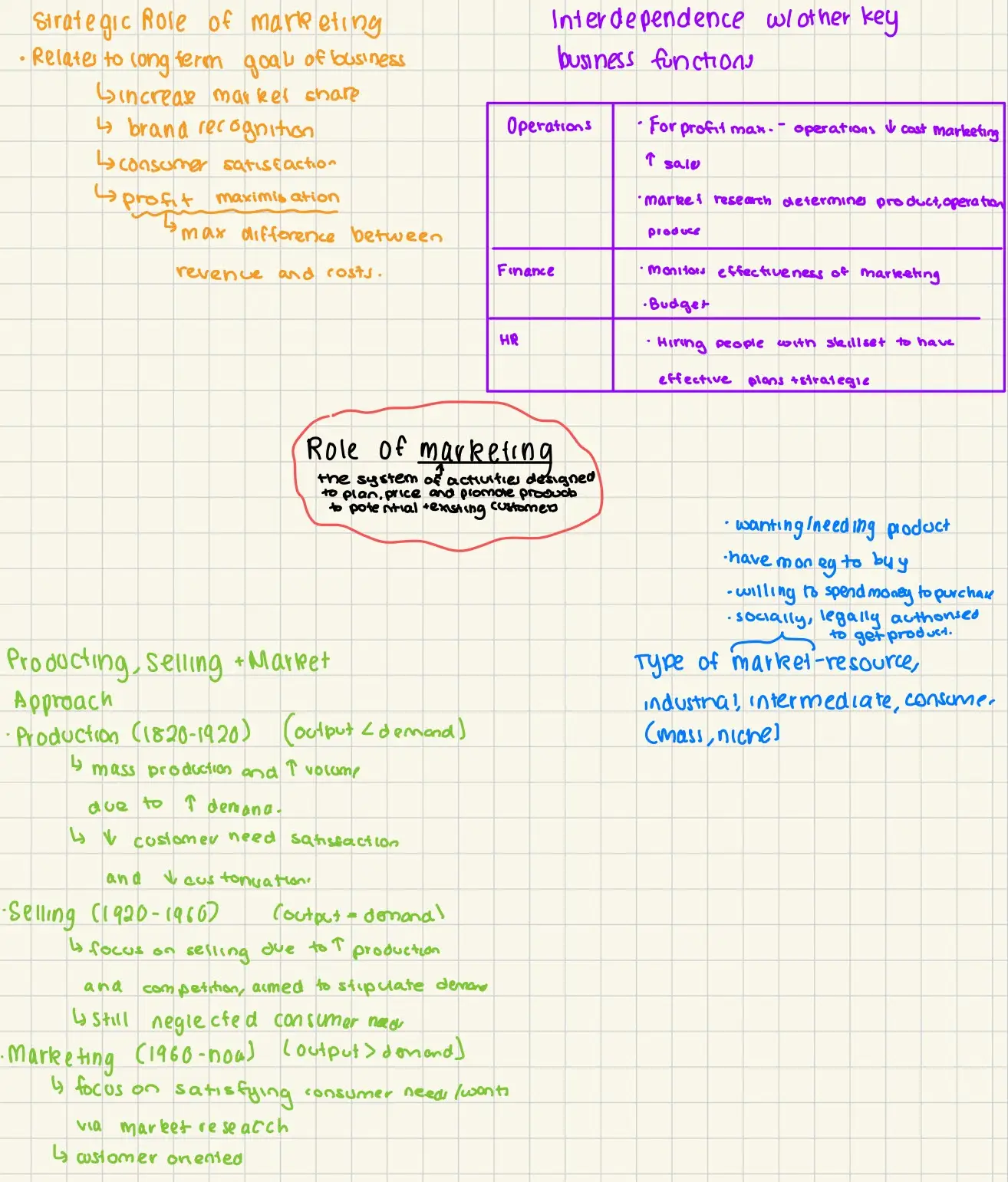Welcome to Matrix Education
To ensure we are showing you the most relevant content, please select your location below.
Select a year to see courses
Learn online or on-campus during the term or school holidays
Learn online or on-campus during the term or school holidays
Learn online or on-campus during the term or school holidays
Learn online or on-campus during the term or school holidays
Learn online or on-campus during the term or school holidays
Learn online or on-campus during the term or school holidays
Learn online or on-campus during the term or school holidays
Learn online or on-campus during the term or school holidays
Learn online or on-campus during the term or school holidays
Learn online or on-campus during the term or school holidays
Select a year to see available courses
Science guides to help you get ahead
Science guides to help you get ahead
Matrix student Krisha shares how you can create a HSC study timetable that keeps you on track and boosts your marks.

Join 75,893 students who already have a head start.
"*" indicates required fields
You might also like
Related courses

Join 8000+ students each term who already have a head start on their school academic journey.
Matrix star student Krisha shares her best tips on how to create a HSC study timetable that actually works to keep you focused, beat burnout, and boost your marks.
Name: Krisha
Grade: Year 12
School: Parramatta High School
Year 12 subjects:
I LOVE spending time with my dog (training, playing walking) and reading (however, when I am reading, he tends to take it as a personal offence).
I used to spend holidays bingeing Netflix and lazing around, until I hit senior year and realised that mindset wasn’t going to help me hit my ATAR goal of 95+.
What made the biggest difference? Creating a simple weekly study calendar and sticking to it. That, paired with the structure of an accelerated course in the holidays, completely reshaped how I study and helped me regain control of my workload.
Table of contents:
When I started Year 12, I was overwhelmed. With Maths Extension 2, Chemistry, and Biology all demanding attention, I felt like I was always playing catch-up. That’s when I started mapping out my week.
This is just a rough layout that includes:
Study blocks (with specific tasks)
Matrix Chemistry Holiday Course sessions
Family time and breaks
Blank space for unexpected tasks or catch-up
It let me see my week ahead, adjust as needed, and stop stressing about what I might be forgetting.
A step-by-step planner to maximise you time for study and play! Fill out your details below to get this resource emailed to you. "*" indicates required fields
Get your free Study Rhythm Planner

Get your free Study Rhythm Planner
Here’s what worked for me—and what will work for you too:
List all your subjects and highlight the ones you find most challenging.
Block out your fixed commitments, like school hours, family events, and tutoring (like my Matrix Chemistry course sessions).
Create dedicated study blocks for each subject during your week. Focus more time on your weak areas.
Don’t forget breaks. Short ones daily and longer ones each week.
Use holidays wisely. Get ahead with structured programs like Matrix Accelerated Holiday Courses.
Adjust weekly. If something’s not working, change it.

Here are my tips for making the most of your study schedules throughout the year.
Sleeping. Watching Netflix. Lazing around. That was what my daily schedule was like before becoming a senior. Hard to break out of that habit, but grateful I did.
One of my proudest achievements has been improving my marks and building real discipline around study. A huge part of that came from enrolling in the Matrix Accelerated Holiday Courses, which let me just say definitely helped me:
Get ahead of the school curriculum
Stay accountable with scheduled classes and clear goals
Build a more productive and consistent routine
Each day after class, I left feeling accomplished and ready to keep studying.
Despite all the studying, I ensure to allocate periods of time to just give my brain a break and simply rest. I typically aim to finish all the work by evening so that I am able to spend quality time with my family.
Chemistry has always been my favourite subject, but that mainly stemmed from the way I was taught and how the lessons were executed.
Before Matrix, my previous tutors focused on speeding through modules, which left me with gaps in understanding. Matrix teachers changed that.
The structured lessons of Chemistry at Matrix helped to ensure I did not simply forget past modules, but rather focused on how to build on existing knowledge.
Since joining the Matrix Chemistry course, my knowledge and skills have been constantly exercised. My understanding of Chemistry has deepened. I can now comprehend what the question asks and requires me to do, and thereby formulate a process to respond or calculate the correct answer.
Get ahead with Band 6 Chemistry resources
Learn from expert teachers and access 100+ pages of exam-style questions and quizzes for every module.
Stacks and stacks of homework, tests, and assignments. That is an overview of my school term.
In order to stay organised, I build a weekly calendar that outlines how I should allocate my tasks.
It isn’t anything complex or detailed, but it acts as a rough guideline for my week, helping me to stay accountable. I include periods that are “blocked out” to take a break and collect myself in order to prevent burnout.
Due to having completed the Accelerated Matrix Chemistry course, I no longer need to stress or worry about catching up on tuition homework, and can focus the rest of the term refining my knowledge through practice questions.
Is it just me, or is that test block that is JAMMED with exams the most stressful period of time? Unfortunately, we don’t have the option to pick when we want our tests. And so, we must prepare ourselves in the most efficient manner possible.
English is my weakest subject, so I aim to submit an essay to my teacher weekly, seeking feedback.
I used to be unable to finish a structured essay in timed conditions. But, through practice, I have been able to better allocate my time and complete the essay. It is hard and certainly requires A LOT of discipline, but completely worth it in the end.
I would use the Matrix homework workbooks and redo harder questions until I grasp the concept and method. Reading over the Chemistry theory book provided clear and concise notes, making the subject seem all the less daunting and more fun to study.
With all this stress and studying, it is easy to feel burnt out, and trust me, that won’t do you any good on the actual exam day. So, don’t forget to take regular breaks, eat well, and get enough sleep. Your brain needs rest to retain information!
I wish someone told me that studying endlessly can cause burnout, which can last for days or weeks, stealing away valuable time.
I can’t help but think about how different things could’ve been if I had a reset button and started my year off differently. Whilst there were many amazing moments, there were still many lessons I had to learn the hard way.
If I could go back, I’d do two things:
Start my weekly schedule from Year 11
Enrol in Matrix Accelerated Courses earlier
I attended Matrix term classes in Year 11, but I missed the head start that holiday courses give you. That head start meant fewer late nights and less cramming.
I’d also experiment earlier with different study techniques. I used to just read my notes over and over and hoped the info would magically stick, which was neither as effective or efficient. This year, I started utilising flashcards, making mindmaps, and explaining things out loud to aid my understanding. Everyone’s brain is different. If I could start again, I’d experiment earlier to find my best method.
Studying during the holidays? Tough – am I right?
The holidays are the PERFECT time to catch up and study ahead – whether it be through notes, reading or practice questions.
If you find it difficult to stay motivated, set yourself a daily goal, ie “to complete one Maths exercise” or “create notes for chapter 2B”.
Personally, I found the Matrix Accelerated course the ideal way to keep me accountable and productive during the holidays.
Passive reading and highlighting your notes might feel comfortable, but if you really want to own the material, active study is key.
A few days prior to the exam, create mind maps, do past papers or attempt to explain the topic. Trust me – it does wonders.

3. Keep a balance
In the chaos of assignments, exams, and extracurriculars, it’s easy to binge-study until your brain feels like mush. Honestly, without balance, you risk burnout, lower marks, and that is… zero fun.
Ensure to mix all that studying with times for your brain to refresh and activities that protect your wellbeing, so 7-8 hours of sleep and regular exercise.
Find your rhythm, respect your limits, and remember: a well-rested, well-rounded you is the best study strategy of all.
1. Don’t neglect the power of breaks
Binge studying without sufficient rest can cause mental fatigue, poor memory consolidation, and potential burnout. Instead, break up your studies, for example, 45 minutes of study and a 10 minute break.
2. Don’t overload your schedule
Packing every minute of the day with tasks sets you up for exhaustion, and hence harder to stick to your schedule. Instead, add 2-3 tasks per day that MUST be done. This leaves time for any unexpected work or plans, as well as time for hanging out with the family, exercise and proper sleep.
3. Don’t wait to ask for help
Struggling with a particular concept or understanding a specific idea can create gaps in your knowledge, which can lead to frustration and eventually cause you to avoid the whole subject. Instead, when a question pops up, write it down in a notebook and ask your teacher or friends.
Learn with Matrix+ online courses
Access theory lesson videos and comprehensive resources anytime. Join 8,000+ students learning with confidence.
Written by Guest Author
We have regular contributions to our blog from our Tutor Team and high performing Matrix Students. Come back regularly for these guest posts to learn their study hacks and insights!© Matrix Education and www.matrix.edu.au, 2025. Unauthorised use and/or duplication of this material without express and written permission from this site’s author and/or owner is strictly prohibited. Excerpts and links may be used, provided that full and clear credit is given to Matrix Education and www.matrix.edu.au with appropriate and specific direction to the original content.